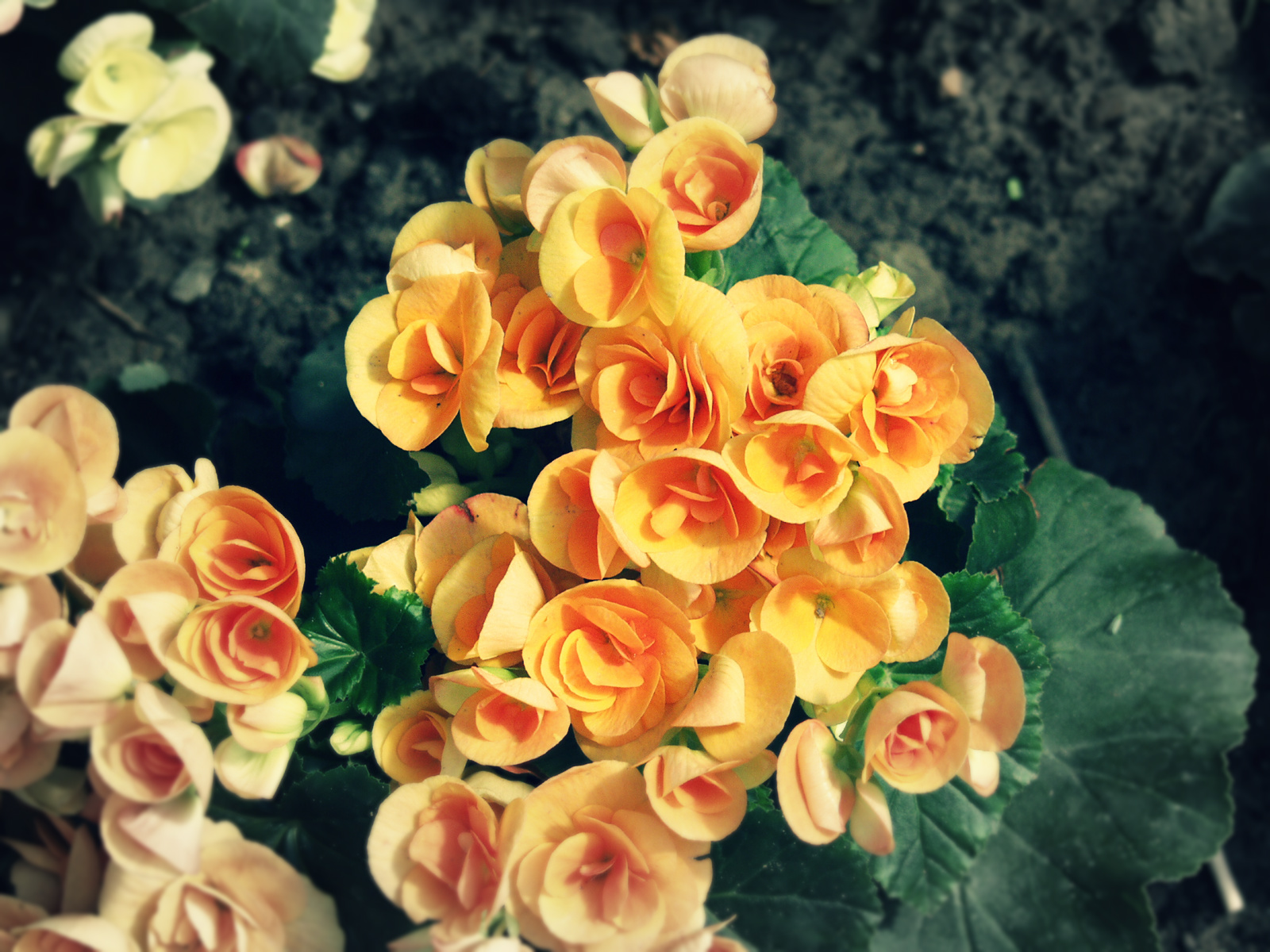
How To Care For Begonia Potted Plants
There are very few places in this world where Begonias can be grown outdoors throughout the year. In many cases, growers will place the plants outdoors during the warmer months and bring them inside during the winter. Others prefer to keep their potted Begonias indoors throughout the year. When caring for any house plant, it is very important to understand its nature and needs if you want it to flourish. If you are planning on buying somebody a potted plant for Mother’s Day, as a house warming gift or any other occasion, it is also important to make sure that they are aware of these conditions. Continue reading to find out just how to care for potted Begonias.
Light
A vital part of any plant’s life is the proper lighting. In terms of natural light, you will find that Begonias tend to do well in just about any window apart from north-facing windows. When experimenting with natural light, you need to monitor the plant’s progress quite closely. If you see the plant begin to branch out, this is an indication that they need more light. If you notice stunted growth or burning, then you need to reduce the amount of light.
As for artificial light, there are a number of options and they all vary in price. If you have a wide selection of plants, then you may want to invest in something more elaborate in order to care for them all. If not, you can choose a cheaper option like cool white fluorescent tubes in a regular lamp will do. You should also keep these lights on for approximately 14 hours each day.
Choosing a pot
When you order your Begonia from your florist or nursery, you will notice that it is already potted according to the size of the plant’s roots. In time, as the plant grows, you may need to transfer the plant to a larger pot. However, do not overcompensate by placing the small Begonia in a huge pot. The do not thrive in such conditions and you will be doing more harm than good. If the plant never appears to dry out, then this could be a clear indication that the pot is too large for the plant. Remove the plant immediately and place it in a smaller pot with fresh potting soil. Do not use the soggy potting soil from the larger pot!

Soil
Begonias that are grown indoors should be potted in a soil-less potting mix. This mix consists of mainly peat moss and perlite and / or vermiculite. Using regular soil, manure or anything similar tends to hold water for too long. This is no good for your Begonia’s roots since it attracts disease.
Water
It’s very important not to over water. Let the potting mix to dry slightly before watering and, when you do, do so with care. As soon as you see the water start to run out the bottom, stop watering. If you place a saucer beneath the pot, make sure that you place pebbles in the saucer. Begonias don’t particularly like an abundance of water. You can use a bottom watering method, if you prefer, but you will need to empty any remaining water out of the saucer after a few hours. Wick watering (used with African Violets) and self-watering pots are other options that work well with Begonias.

Humidity
While Begonias don’t like swimming in wet soil, they do enjoy a particularly humid environment. In order to achieve the kind of humidity that makes these potted plants thrive, you can mist them regularly or purchase a humidifier. If you choose to use fluorescent lighting, you can place your Begonias in (non-flammable) plastic tents to help create a localised humid climate for them.
Other notes
If you are growing your Begonias indoors, you are able to prune them any time the need arises. These shoots are great for growing more Begonias as back up plants or as gifts for friends and family members. Mealy bugs are probably the biggest issue when it comes to growing Begonias indoors. To keep them at bay, use some rubbing alcohol and small brush to directly target the bugs or carefully spray the plant lightly with the rubbing alcohol. The alcohol will not harm the plant but you should avoid spraying the soil, just in case.
Begonias are also one of the safest plants to keep in your home. Any toxins in the plant are found below soil level and the toxin is fairly harmless all the same. That’s what makes them such a popular house plant and alternative gift to the usual Mother’s Day arrangement.
